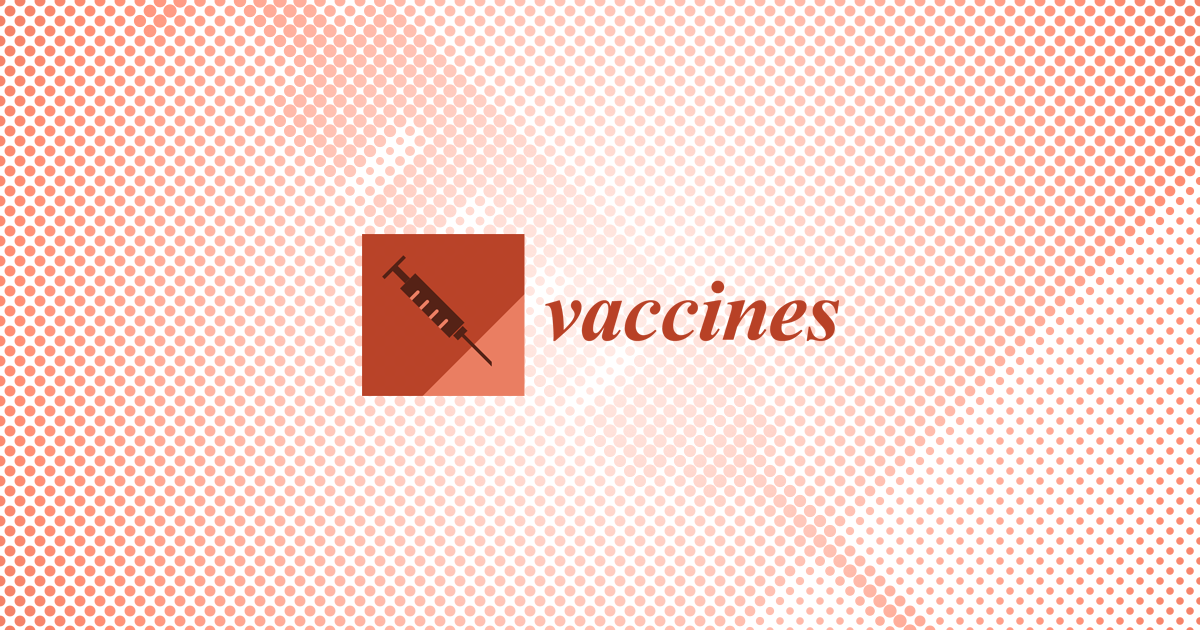This is an early access version, the complete PDF, HTML, and XML versions will be available soon.
Open AccessArticle
1
Department of Social and Environmental Medicine, Faculty of Medicine, Saga University, 5-1-1 Nabeshima, Saga 849-8501, Japan
2
Department of Preventive Medicine, Faculty of Medicine, Saga University, 5-1-1 Nabeshima, Saga 849-8501, Japan
3
The United Graduate School of Agricultural Sciences, Kagoshima University, 1-21-24 Korimoto, Kagoshima 890-0065, Japan
*
Authors to whom correspondence should be addressed.
Vaccines 2024, 12(12), 1359; https://doi.org/10.3390/vaccines12121359 (registering DOI)
Submission received: 18 October 2024
/
Revised: 26 November 2024
/
Accepted: 29 November 2024
/
Published: 30 November 2024
Abstract
Background/Objectives: Although the protective effects of zinc against COVID-19 are documented, its impact on COVID-19 vaccine immunogenicity remains unknown. Methods: We conducted a prospective study involving a cohort of 79 Japanese individuals (aged 21–56 years; comprising three subcohorts) and measured their serum zinc levels pre-vaccination and anti-SARS-CoV-2 IgM/IgG levels pre- and post-vaccination over 4 months. Results: Serum zinc concentrations ranged between 74–140 and 64–113 ug/dL in male and female individuals, respectively, with one male and 11 female participants exhibiting subclinical zinc deficiency (60–80 ug/dL). Mixed models for antibody titers, accounting for the subcohorts, repeat measurements, and covariates (e.g., vaccine type, sex, age, height, steroid use, medical history, smoking and drinking habits, perceived stress, and sleep disturbances) showed positive effects of zinc on IgM (p = 0.012) and IgG (p = 0.013) in 45 female individuals with 255 observations. However, a similar association was not found in the 34 male participants with 162 observations. This discrepancy may be attributed to one participant being included in the subcohort with frequent repeat measurements (10 repeats in 4 months). COVID-19 mRNA vaccine immunogenicity was enhanced in the participants with high baseline blood zinc levels within the reference range. Conclusions: Our findings underscore the relevance of maintaining adequate zinc levels before vaccination, which can be achieved through a balanced diet and healthy lifestyle choices.
Share and Cite
MDPI and ACS Style
Ashenagar, M.S.; Hara, M.; Yamada, G.; Tokiya, M.; Matsumoto, A.
Effects of Baseline Blood Zinc Levels on the Humoral Immune Response After COVID-19 mRNA Vaccination: A Prospective Study in a Japanese Population. Vaccines 2024, 12, 1359.
https://doi.org/10.3390/vaccines12121359
Ashenagar MS, Hara M, Yamada G, Tokiya M, Matsumoto A.
Effects of Baseline Blood Zinc Levels on the Humoral Immune Response After COVID-19 mRNA Vaccination: A Prospective Study in a Japanese Population. Vaccines. 2024; 12(12):1359.
https://doi.org/10.3390/vaccines12121359
Chicago/Turabian Style
Ashenagar, M. Said, Megumi Hara, Gouki Yamada, Mikiko Tokiya, and Akiko Matsumoto.
2024. “Effects of Baseline Blood Zinc Levels on the Humoral Immune Response After COVID-19 mRNA Vaccination: A Prospective Study in a Japanese Population” Vaccines 12, no. 12: 1359.
https://doi.org/10.3390/vaccines12121359
APA Style
Ashenagar, M. S., Hara, M., Yamada, G., Tokiya, M., & Matsumoto, A.
(2024). Effects of Baseline Blood Zinc Levels on the Humoral Immune Response After COVID-19 mRNA Vaccination: A Prospective Study in a Japanese Population. Vaccines, 12(12), 1359.
https://doi.org/10.3390/vaccines12121359
Article Metrics
Article metric data becomes available approximately 24 hours after publication online.
Source link
M. Said Ashenagar www.mdpi.com


